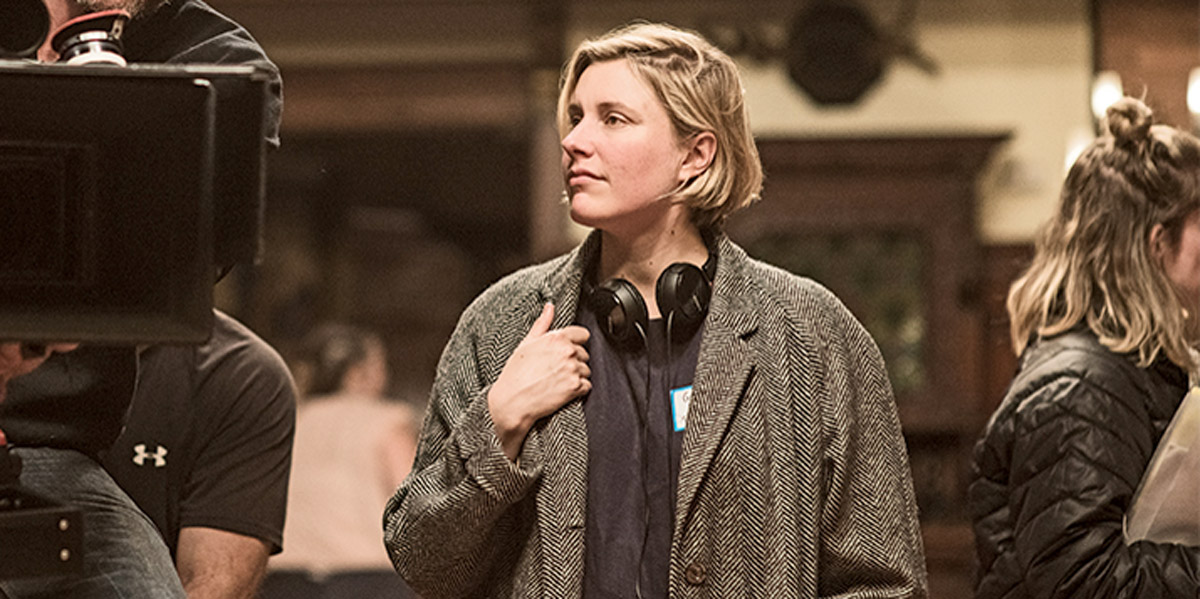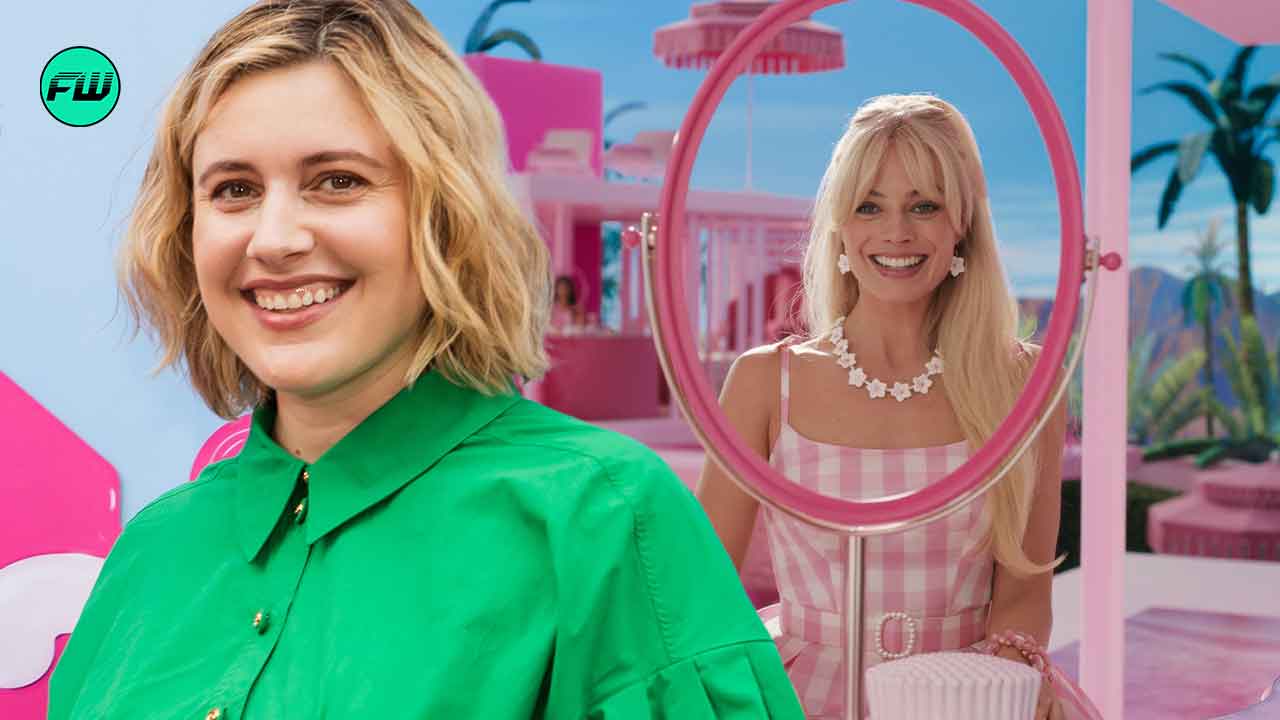In a recent revelation, celebrated actress and filmmaker Greta Gerwig delved into her nontraditional upbringing. It sheds light on a surprising facet of her childhood. During an interview, the 40-year-old disclosed that her mother held no affinity for Barbie dolls, rendering the iconic toys strictly prohibited in her early years.

Despite Barbie’s cultural omnipresence and widespread appeal among children. Gerwig’s unique perspective extends beyond her childhood, manifesting in her groundbreaking Barbie film, which achieved a historic box office milestone.
As a child, Greta Gerwig Didn’t Have Barbie Dolls
In her formative years, Greta Gerwig encountered an unconventional prohibition that diverged sharply from societal norms. She was, sort of, kept from having Barbie dolls.

The accomplished filmmaker recently disclosed this intriguing aspect of her childhood. She revealed that her mother, expressing concerns about reinforcing female stereotypes, initially curtailed her access to the iconic dolls.
In a candid conversation with Lauren Laverne on BBC Radio 4’s Desert Island Discs, Gerwig explained,
“My mom wasn’t so into Barbie. I don’t know if this is a good example of womanhood, the body type, and everything … she was less excited about that.”
She highlights her mother’s reservations about the body image and societal implications associated with the doll.
While Gerwig’s early memories of Barbie weren’t perfectly pink and positive, her creativity on screen has since soared. Despite her childhood restrictions, she embarked on directing Barbie. The satirical blockbuster emerged as the highest-grossing movie of 2023, amassing a staggering $1.4 billion at the box office.
This unexpected success is proof of Gerwig’s ability to transcend personal experiences and societal expectations.
It’s a captivating paradox, Gerwig’s initial detachment from Barbie dolls. It symbolizes societal ideals and contrasts sharply with her directorial success in creating a film that resonates globally.
This narrative not only showcases Gerwig’s resilience but also prompts reflection on the complex interplay between personal experiences and artistic creativity. It invites us to explore the origins of her directorial prowess.
Greta Gerwig’s Desire To Direct Emerged In Her Early Years

Gerwig’s early inclination toward directing blossomed with an intrinsic drive that shaped her distinguished career. From a tender age, Gerwig displayed a passionate interest in storytelling and filmmaking.
Reflecting on her childhood in the same interview, she shared, “I was trying to organize other kids into re-enacting plays I’d seen.”
In a vivid recollection, inspired by Andrew Lloyd Webber’s musical Starlight Express, young Gerwig orchestrated her interpretation. The filmmaker explained,
“I remember – I must have been in kindergarten—explaining to all the kids what the story of Starlight Express was, and that I would be playing Rusty and I was like, No, no, we’re all trains and we’re being played with…… and they said, ‘What are you talking about? And I was like, … and we’re all on roller skates, but I know we’re not, so we’re all going to have to pretend to be.”
This imaginative force showcased her determination, as she added, “I couldn’t think of anything more that I wanted to do than organize fantasy plays.”
Navigating the cinematic world, Gerwig’s innate desire to direct became increasingly evident. It propelled her to break barriers and establish herself as a prominent filmmaker.
This early passion stands as a potent testament to its authenticity and unwavering commitment.


